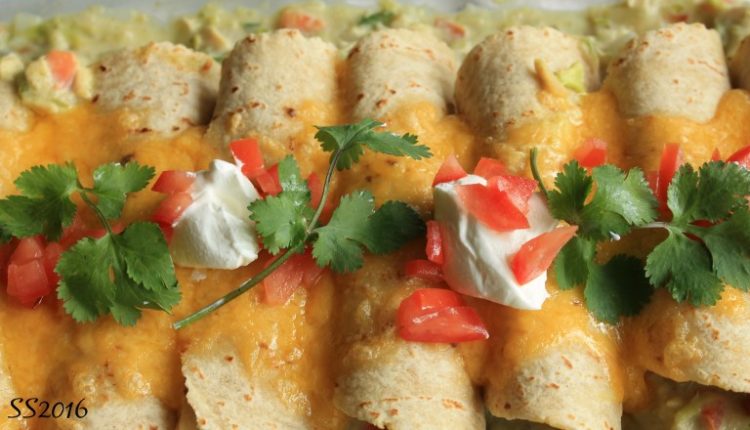We will get through this! With fewer trips to the grocery store you need a plan. When meal planning, make a plan. Think leftovers. Roast a chicken and turn that into chicken tacos, chicken enchiladas, chicken & wild rice soup, immune boosting chicken soup, Pozole verde de pollo or white chicken chili. Saute shrimp with pasta and turn leftovers into shrimp tacos. Additional soups to consider… sausage and black bean soup, healthy lentil soup, Tuscun white bean and lemon soup.
For all of you at home with children, cook with your kids. These are the benefits as noted in the New York Times.
A LIFE SKILL
Learning the basic skill of cooking, that can be used for the rest of your child’s life, is perhaps the most obvious skill gained.
By starting the cooking lessons at a young age, it becomes a skill that they are well adapted to by adulthood.
DEVELOPS AN ADVENTUROUS EATER
One of the greatest benefits of cooking with children is that it can help them develop an adventurous and varied taste palette. Those who have been involved in the cooking process are generally more keen to try new foods.
The younger you start, the better. Children are more likely to try different ingredients and foods if they experience them at an early age
HEALTH
One of the best things you can do for your health is to cook at home. Research shows that people who eat home-cooked meals, on a regular basis, tend to be happier and healthier and consume less sugar and processed foods.
Involving children in the kitchen, from a young age, cultivates a habit that will have lifelong benefits.
PHYSICAL DEVELOPMENT
Stirring, measuring, rolling, squeezing and spreading are just a few of the kitchen tasks that allow young children to develop their fine motor and hand-eye coordination skills.
LANGUAGE, MATH, SCIENCE & CREATIVITY
Children learn by touching, tasting, feeling, smelling, observing, reading and listening. This is why the kitchen is a perfect environment for learning – it hits a range of senses and a range of learning styles.
Cooking offers a great opportunity to help with language development. Talking and describing what you are doing can expose young children to new words and terms.
Counting (three spoons of…), number recognition, (reading numbers on scales), mathematical language (more than, bigger, smaller), multiplication (doubling a recipe) weighing (scales) and fractions (1/4, 1/2 cups) are just a few of the many mathematical skills that can be developed in cooking.
The kitchen is like a mini Science Lab. Children can watch materials change colour, texture and form (liquids, solids, gases ) and they can make predictions and observations e.g what happens if you use too much/little baking powder, wrong temperatures etc.
Kids can express their creativity through recipe development and food presentation. This could be something as simple as deciding what ingredients to add into a salad, or something more complex, like creating a menu to feed their family.
BUILDS RELATIONSHIPS
A kitchen is a great place for parents to spend quality time with their children. It can be a place to talk about family traditions, through passed down family recipes, or it can simply be a place just to catch up with day to day life.
BUILDS CONFIDENCE
The kitchen can be a place to nurture your child’s self-esteem, confidence and sense of self-worth. Teaching children to cook provides many opportunities to encourage and celebrate their work.
FUN
Last but by no means least, cooking with kids can be fun and enjoyable for both the children and adults. Your kids will get the joy of creating a dish and eating it, all while you create lasting memories that your children may treasure forever.





